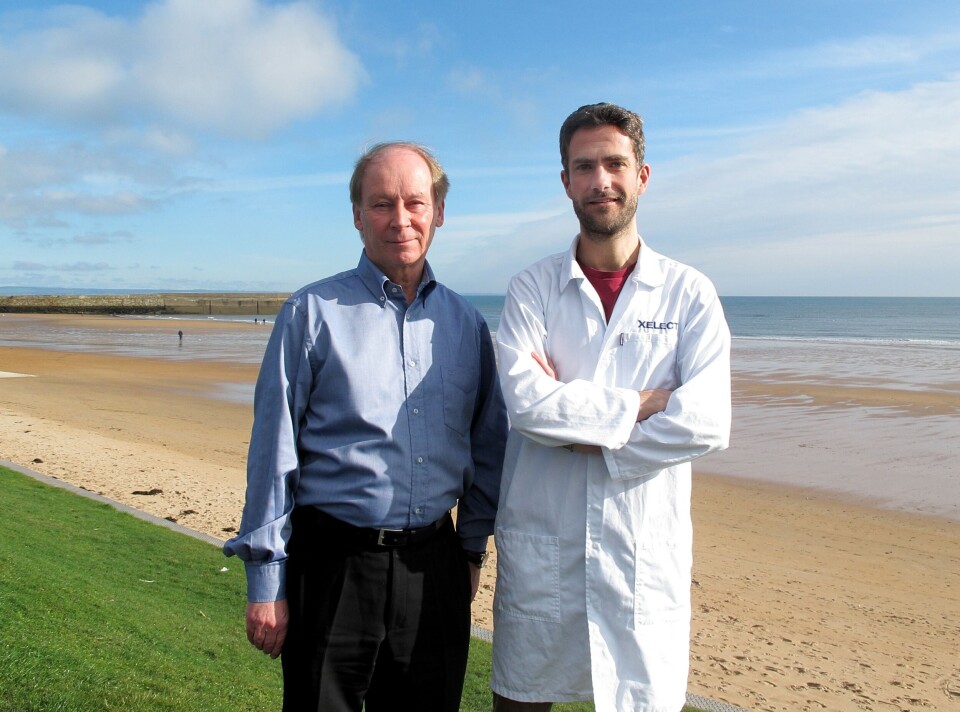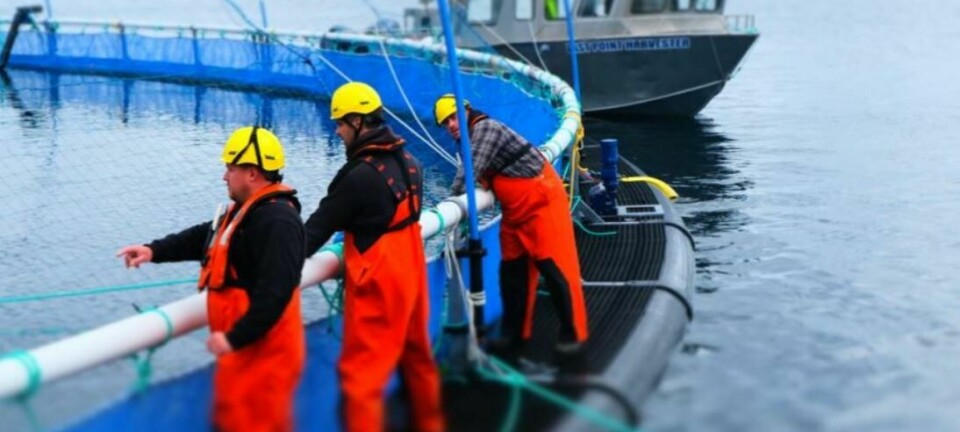
Firm favourites
Xelect, which is perhaps best known for using genetic selection to increase the firmness and yield of salmon fillets, announced today that it has successfully completed an equity investment round.
The company, which is a spin-out from St Andrews University, raised £170,000 from EOS Technology Investment Syndicate, supported by an application for £50,000 from the East of Scotland Investment Fund, and plans to use the capital to establish independent laboratory and office space within St Andrews, equipped with state-of-the art genetic analysis equipment. The company will also pursue its growth ambitions by recruiting overseas sales agents, building its team of scientific staff and investing in its R&D programmes, both in-house and by co-funding academic research.
Tom Ashton, co-founder and Operations Director at Xelect, told Fish Farming Expert: “We’re looking to establish an office in Hong Kong and are close to recruiting someone over there to do face-to-face business in the Far East.”
The company’s research has huge potential to produce improvements in particular traits for a range of species.
As Tom explains: “We provide genetic breeding services over a wide range of species and traits – we even recently worked for a red deer farmer – but we’re mainly focusing on growth, fillet yield, flesh quality and robustness within the aquaculture sector.
“We’re currently engaging with most of the main aquaculture producers in Scotland as well as a number of international producers – we are evaluating our yield markers for with Landcatch in Chile, and with Salmobreed in Europe, and our fillet yield markers for Nile tilapia are licenced exclusively to Genomar.
We provide expert flesh quality analysis service and consultancy for many companies including Scottish Sea Farms, Dawnfresh and Pacific Seafoods in the USA.
“However, our functional markers for muscle fibre density are our flagship products and we’re currently two years into a trial evaluation licence project with Marine Harvest, that could be rolled out across the company’s global operations.”
Xelect’s understanding of fibre density draws on decades of research by co-founder Prof Ian Johnston, and the potential for this project is huge, as it could help produce consistently firm fillets of salmon and trout, even during periods of rapid growth.
“Salmon contain anywhere from 400,000 to 1.2 million muscle fibres and cannot make any more after they reach about 2kg in weight,” explains Ian Johnston. “Those that have more fibres can be grown faster without losing the texture quality of the fillet – at the moment companies growing large salmon can often suffer from costly downgrades due to poor flesh associated with fast growth, but we’ve discovered functional markers which can be used to breed fish with higher muscle fibre density, thus ensuring that the meat quality is consistently superior.”
Such potential clearly helped to whet the appetite of EOS, who agreed to provide the funding after Tom and Ian explained the concept to them at the company’s bi-monthly pitch session.
And, as well as the money, Tom is is excited that the deal will allow them to draw on EOS’s business acumen.
“The investors will have one director on our board and we’re looking forward to adding their business skills to the company,” he concludes.






















































